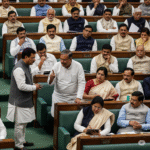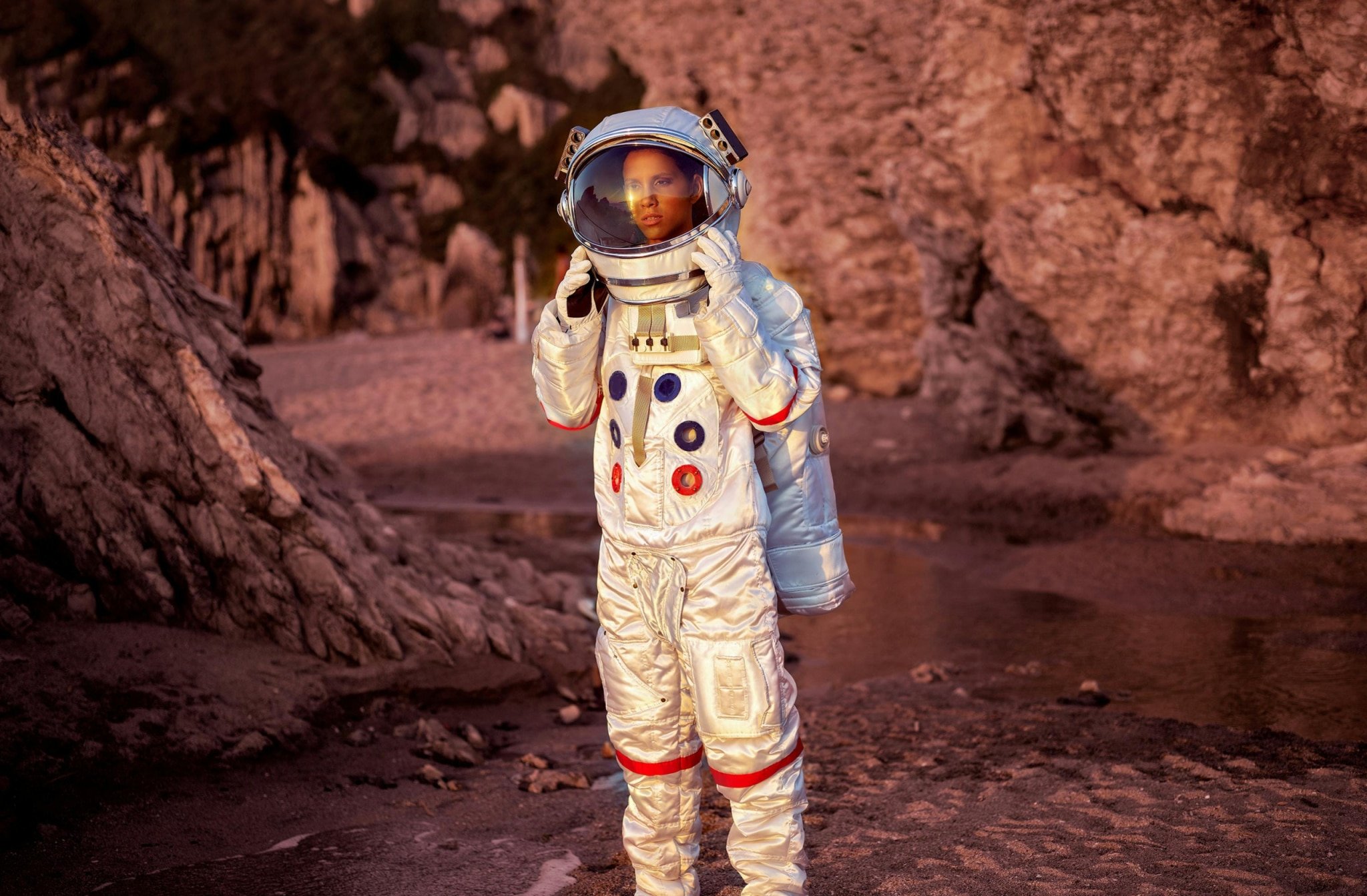Timeless Stories That Define Modern Morality
Mythology has always been a powerful tool for transmitting values, shaping cultures, and defining ethical frameworks. Across civilizations, myths serve as more than mere stories; they are repositories of wisdom that explore the complexities of human behavior, moral dilemmas, and societal norms.
In India, where mythology forms an integral part of cultural consciousness, tales from the Ramayana, Mahabharata, and the Puranas continue to influence values and decision-making in everyday life. As society evolves, these stories remain relevant, offering insights into leadership, justice, resilience, and compassion.
1. Mythology as a Moral Compass
- Ethical Foundations: Stories like the Mahabharata teach moral ambiguity, demonstrating that the line between right and wrong is often blurred. Arjuna’s dilemma in the Bhagavad Gita highlights the importance of duty (dharma) and ethical decision-making in the face of personal conflict.
- Modern Lessons: In 2023, the Ethics in Leadership Summit in Mumbai discussed how mythological narratives could inform ethical frameworks in politics and business. Krishna’s counsel to Arjuna was cited as a guide for tackling moral dilemmas in leadership roles.
2. Leadership Lessons from Mythology
- Icons of Leadership: Figures like Rama, Krishna, and Karna embody different leadership styles. Rama’s adherence to duty and Krishna’s strategic thinking provide contrasting yet complementary models of effective leadership.
- Applications Today: Corporate training programs, such as those by the Chanakya Institute for Leadership Excellence, now incorporate mythological lessons into their curriculum, helping executives navigate challenges with wisdom and adaptability.
3. Resilience and Sacrifice: Lessons for Daily Life
- Inspiration from Mythology: Stories of Draupadi’s resilience, Sita’s unwavering dignity, and Hanuman’s devotion inspire individuals to overcome adversity with courage and perseverance.
- Recent Context: During the 2023 Women’s Empowerment Conference in New Delhi, speakers drew parallels between mythological figures and modern women leaders, emphasizing the timeless relevance of their strength and sacrifice.
4. Unity in Diversity: A Celebration of Plurality
- Cultural Inclusivity: Indian mythology celebrates diversity, with deities and narratives catering to varied regions, beliefs, and communities. From Shiva’s meditative stillness to Vishnu’s dynamic interventions, these stories reflect the multifaceted nature of existence.
- Global Relevance: The 2023 World Cultural Heritage Forum in Singapore highlighted Indian mythology’s role in fostering inclusivity, with festivals like Diwali and Holi uniting people across social and cultural divides.
5. Mythology in Education: Shaping Young Minds
- Teaching Values: Schools across India are incorporating mythological stories into their curriculum to teach ethics, empathy, and cultural heritage.
- Innovative Initiatives: The Indian Knowledge Systems program, expanded in 2023, now includes modules on the Mahabharata and Ramayana, encouraging students to analyze the moral and ethical dilemmas presented in these texts.
6. Environmental Consciousness in Mythology
- Harmony with Nature: Mythological stories emphasize the interconnectedness of life. For instance, tales of Ganga’s descent to Earth highlight the sanctity of natural resources.
- Modern Efforts: Campaigns like Save Ganga and eco-conscious Ganesh Chaturthi celebrations reflect these ancient values, aligning rituals with environmental sustainability.
7. Spiritual Growth and Self-Realization
- Personal Transformation: Mythology provides frameworks for introspection and personal growth. The Upanishads and stories of self-realization, like Nachiketa’s encounter with Yama, inspire seekers to explore their inner selves.
- Contemporary Practice: Meditation and yoga practices, derived from mythological teachings, continue to guide millions in achieving mental clarity and spiritual fulfillment.
8. Challenges in Interpreting Mythology Today
- Over-Simplification: Modern retellings often focus on entertainment, sidelining deeper philosophical meanings.
- Preserving Authenticity: The 2023 Mythological Studies Conference in Bengaluru emphasized the importance of maintaining the integrity of ancient texts while adapting them for younger generations.
Conclusion: A Living Legacy
Mythology is not just a collection of ancient stories—it is a dynamic, evolving narrative that continues to shape values, inspire action, and guide humanity. In understanding and embracing these tales, we connect with timeless wisdom, ensuring that their lessons remain relevant in a modern world.
The challenge lies in balancing tradition with contemporary needs, preserving the profound essence of mythology while making it accessible for future generations. As we delve deeper into these stories, we find not only our cultural heritage but also a guide to leading more ethical, purposeful, and harmonious lives.



























